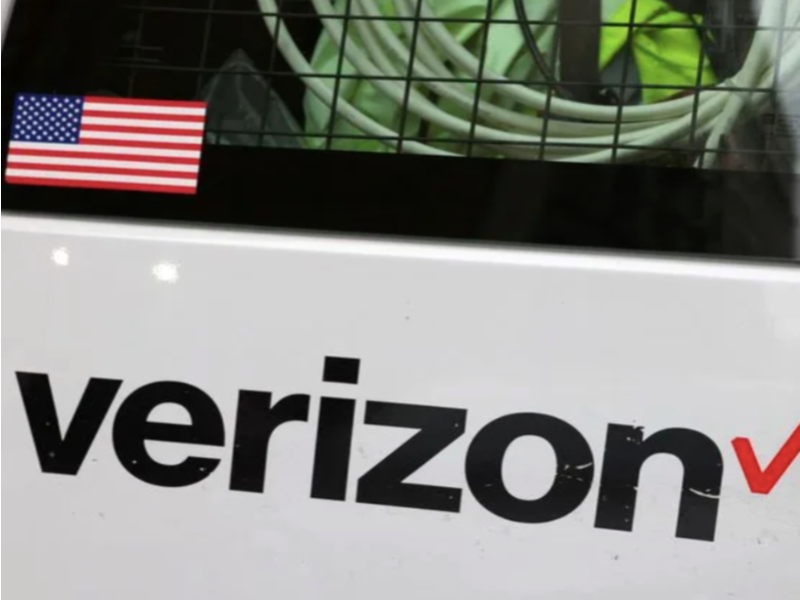- Verizon warns of weaker Q1 wireless subscriber growth due to increased competition.
- Telecom stocks, including AT&T and T-Mobile, fall as concerns over market saturation rise.
What happened: Verizon’s growth concerns trigger market selloff
Verizon has warned of weaker Q1 wireless subscriber growth due to intensified competition, triggering a telecom stock selloff. Verizon shares fell over 7%, while AT&T and T-Mobile dropped 5.3% and 4%, respectively.
Chief Revenue Officer Frank Boulben noted that competitors continued aggressive promotions even as Verizon scaled back after a strong December. As the U.S. telecom market nears saturation, providers rely on bundled 5G and streaming deals, raising profitability concerns. AT&T also reported higher subscriber churn in January.
Verizon expects a slow start to 2025 phone upgrades due to economic uncertainty and limited device innovation but remains optimistic about single-digit annual growth. It aims to exceed last year’s 900,000 postpaid additions with its myPlan offerings.
Verizon and AT&T dismissed competition from SpaceX’s starlink, citing wireless networks as more cost-effective. Verizon also downplayed concerns over U.S. immigration policies, stating only lower-end prepaid segments might see minor impacts.
Why it’s important
Verizon’s warning highlights growing concerns over slowing U.S. telecom subscriber growth as market saturation limits expansion. Providers increasingly rely on promotions, sustaining subscriber additions but squeezing profit margins.
Investor concerns over long-term sector growth intensified after AT&T flagged higher churn rates, emphasising customer retention challenges. Meanwhile, broadband providers like Comcast are ramping up wireless competition, pressuring traditional telecom firms to differentiate services.
Satellite internet’s role remains uncertain. While Starlink expands, Verizon and AT&T argue wireless is more cost-effective. However, advancing satellite tech may push telecom firms to adapt, especially in underserved areas.
Verizon downplayed immigration policy effects on postpaid subscribers but acknowledged possible prepaid disruptions, potentially influencing future marketing and growth strategies.

